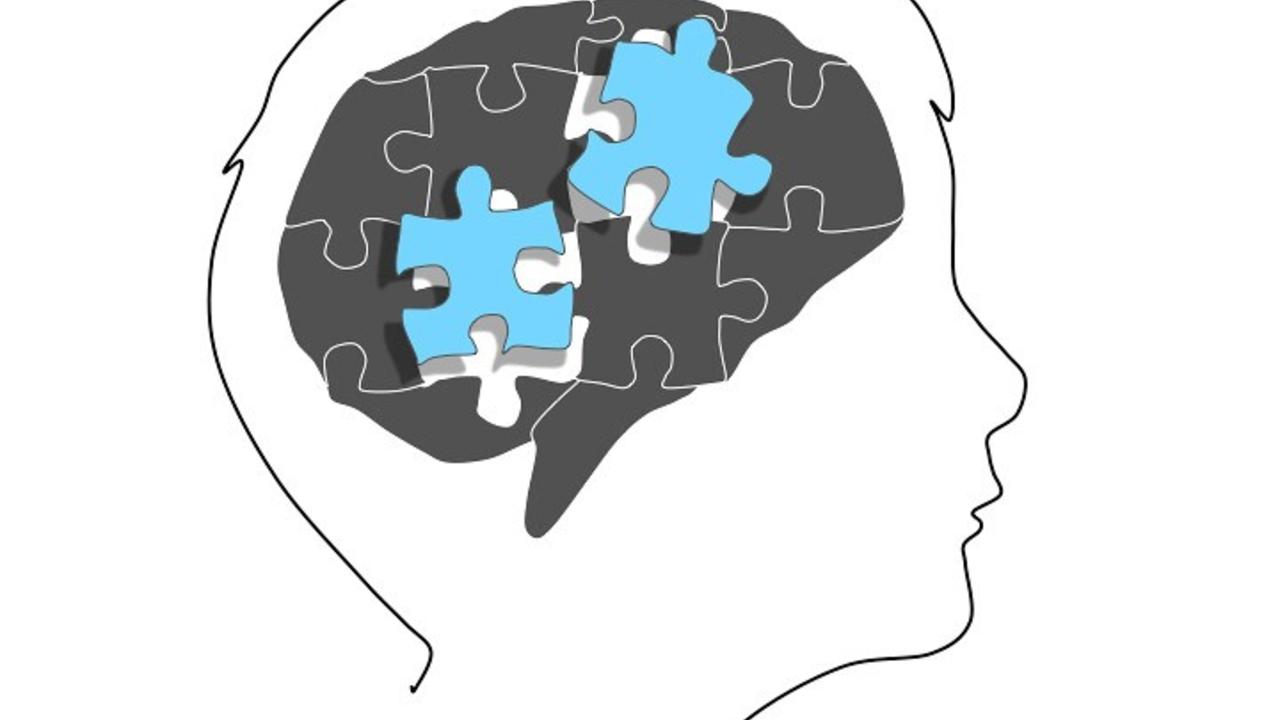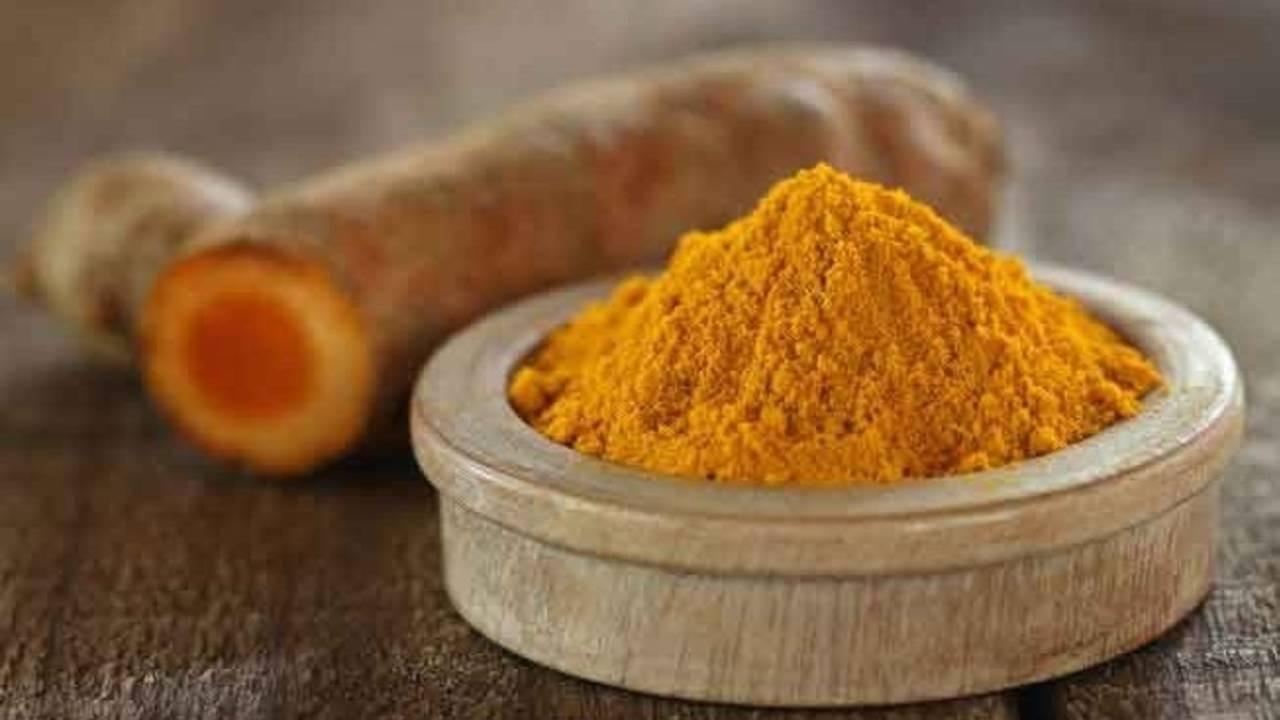Can Turmeric or Curcumin Help Athletes Recover Faster?
The TLDR:
- Sport physios, Strength Coaches, and Athletic Trainers are always looking for ways to get their athletes to recover faster.
- We have covered the positive effects of turmeric, which contains curcurmin, in our CEU courses for physical therapy, especially for those with osteoarthritis.
- A new systematic review shows some promising data that curcumin dosed at 1-4 grams per day may accelerate athletic recovery. More research is needed on timing, Dosing, and what athletes reap the best gains.
If you like what you see here, check out our board-approved continuing education courses for PTs. We cover topics like:
- Nutrition interventions for chronic diseases (e.g., obesity, diabetes, cardiovascular diseases)
- Advanced nutritional strategies to support physical therapy for patients with metabolic disorders
- Case studies demonstrating successful integration of nutrition into physical therapy care plans
Each physical therapy ceu course emphasizes practical, evidence-based le...
From Big Sugar to Big Social Media: The New Frontier of Food Industry Influence

By Dr. Sean Wells, DPT, PT, OCS, ATC/L, CSCS, NSCA-CPT, CNPT, Cert-DN
In recent years, the influence of the United States' food industry has extended its reach beyond traditional methods like lobbying, governmental appointments, and dietary guideline manipulation. According to a Washington Post report, the food industry has now set its sights on a new arena: social media.
Background:
In a strategy reminiscent of tactics employed by the tobacco industry, prominent players in the food sector, particularly big sugar and supplement companies, have been discreetly compensating dietitians to generate content on their social media platforms. These covert actions have raised concerns akin to the obfuscation campaigns witnessed during the heyday of big tobacco. The central figures in this evolving controversy are dietitians who wield significant influence as social media influencers.
The issue of dietitians, or RDs, succumbing to the sway of the food industry is not novel. It revolves aroun...
Dietary Supplements: What PTs Need Know

By Dr. Sean M Wells, DPT, PT, OCS, ATC, CSCS, CNPT, NSCA-CPT, Cert-DN
Three out of four Americans takes some form of dietary supplement every day. From multivitamins to weight loss supplements, the list of dietary supplements is long and the associated costs can be substantial. Physical therapists (PTs) work with a wide range of patient types, many of whom are actively taking supplements for health, to slow aging, or in hopes to reverse a disease state. Obviously these supplements must have some positive impact on our health, right? Doctors of physical therapy (DPTs) are becoming more holistically trained to understand the role of nutrition and dietary supplements: despite this, the answer to above question is convoluted and may even surprise you.
Regulation
Dietary supplements are not regulated by the Food and Drug Administration. This is vastly different than the drugs that many of our patients are taking. The lack of regulation should be a mainstay reason why many PTs ought to ed...
Did the Concussion CPG for PTs Go Far Enough?

Image Puzzle Brain by Raquel Mela CC by 1.0
By Dr. Sean M. Wells, DPT, PT, OCS, ATC/L, CSCS, NSCA-CPT, CNPT, Cert-DN
Last month the Journal of Orthopedic and Sport Physical Therapy (JOSPT) published a lengthy Clinical Practice Guidelines (CPG) specific to physical therapy and concussion management. Here's a link to the authors' summary. The authors of the CPG offered a long list of references, well-thought out discussions, and clear evidenced-based recommendations. However, our team at Nutritional Physical Therapy feel the CPG did not go far enough for physical therapists (PTs).
Managing patients with concussions, or mild traumatic brain injuries (TBIs), involves a multidisciplinary and multi-faceted approach. Concussions involve disruptions in cognition, planning, executive function, balance, physical performance, speech, vision, and even sleep. As such, the authors do a fabulous job outlining the need for PTs to screen for cognitive, vision, speech, and sleep issues. When identi...
Turmeric or Curcumin?

Which is better and what is turmeric and curcumin?
Turmeric is root much like ginger. I can be ground up and used as delicious spice. It is often used in Indian dishes and has been linked to a reduction in inflammation, diseases, and possibly improved longevity. What's the potential activity compound in turmeric? Curcumin.
Curcumin is refined and processed from tumeric. One gram of turmeric may only contain 0.02 grams of tumeric! That's not much. Some studies highlight the benefits of using supplemented tumeric, such as improvement in arthritis, inflammatory bowel diseases, and rheumatoid conditions; however, other studies still highlight the perk of turmeric root. Other compounds in the turmeric may be responsible.
It may be best to stick with the whole root of turmeric, even though studies are highlighting the benefits of curcumin. For one, turmeric is cheaper than curcumin. Second, turmeric is processed in order to get turmeric, so other compounds that may be beneficial are extr...


